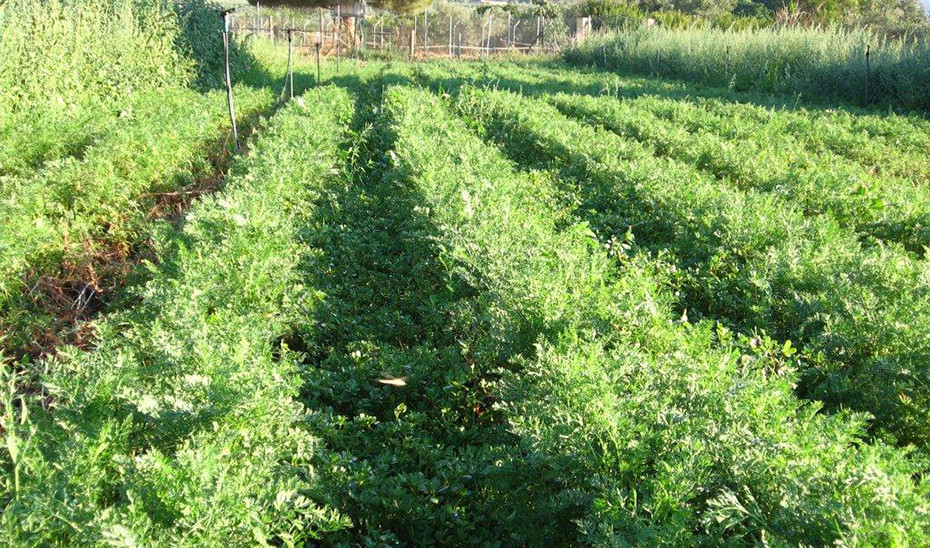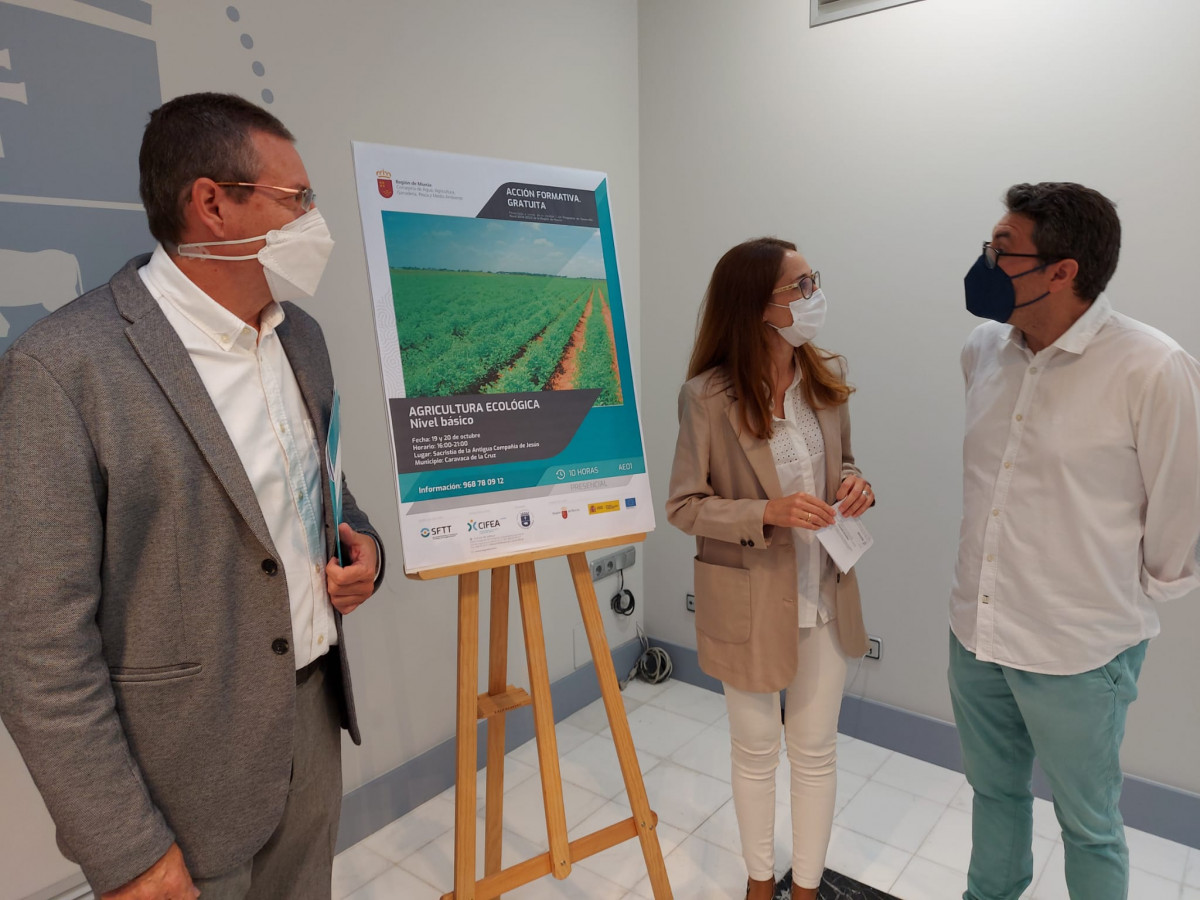The Ministry of Water, Agriculture, Livestock, Fisheries and the Environment has organized a course on organic farming next October.
It will last 10 hours, with a quota of 20 students and will consist of 10 theoretical topics, to be developed in eight hours, and 2 practicals. It will take place on October 19 and 20 in Caravaca de la Cruz.
The theoretical subjects that are addressed are ‘Regulations applicable to organic farming’; ‘The Council of Ecological Agriculture’; ‘Process of conversion to organic farming’; ‘Products authorized in organic farming’; ‘Management of the biological properties of the soil’; ‘Fertilization: management of organic matter and green manures’; ‘Crop rotations, alternatives and associations’; ‘Management of spontaneous flora’; ‘Vegetable covers and properties of adventitious plants’; and ‘Management of systems for the control of pests and diseases’.
As for the practical sessions, they will deal with ‘Release of useful insects’ and ‘Recognition of pests and diseases in crops’.
In the course “the interested parties will be offered the necessary knowledge about the applicable regulations and the process of reconversion to this type of agriculture, which is increasingly counting in the Region with a larger surface area,” according to the General Director of Agriculture, in the presentation. Jose Gomez.
The general director stressed that “the increasingly evident dedication of land to organic or organic cultivation, especially that of vegetables in Campo de Cartagena, and a European market that demands more quantity and variety of food grown under organic techniques, due to its beneficial effects for health and respect for the environment, it commits us, even more if possible, with this process, and one way to show it is the training of the farmer and the technicians “.
Gómez recalled that the Region of Murcia is the community with the highest proportion of organic farming with respect to the total area dedicated to agriculture, “with a total in 2020, excluding fallow, of about 310,000 hectares, so the area of agriculture ecological already supposes a 27 percent of the total “.
He stressed that “organic farming represents a great added value to traditional productions and a good source of income due to its growing demand in international markets,” indicated sources from the council.
Likewise, Gómez pointed out that a call for grants of 16 million euros has just been closed to maintain the area of organic farming, in accordance with the provisions of the Rural Development Program, to which another call for the same amount will be added in next year, and that will go to 60,000 hectares and 2,700 beneficiaries.
To these 32 million euros in aid, there are another 18 million dedicated to the conversion of conventional crops to organic farming, distributed in three annual payments of 6 million euros each, and will allow increasing the area of organic farming supported through the Program of Rural Development in some 20,000 new hectares, and benefiting some 800 producers.
–



:quality(80)/cdn-kiosk-api.telegraaf.nl/c185bf74-cff4-11eb-bf95-0255c322e81b.jpg)